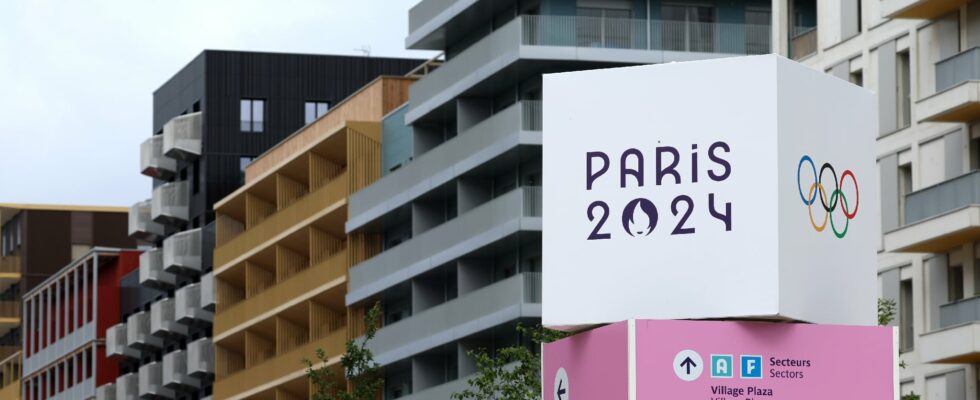What if the recipe that led to the success of the Games could be replicated in other areas, in other projects than a major sporting event? What was expressed in majesty between July 26 and August 11 has a name: the French genius, which Victor Hugo defined as “the synthesis of opposites”, “the union of logic and poetry, knowledge and imagination”. How can we prevent this good genie from going back in the bottle?
To answer this question, let’s look back at these two enchanting and enchanting weeks. The success of the Paris Games is due to the right mix of three ingredients. First, there is a bold and ambitious vision that can now be said to have revolutionized the genre: taking sporting events out of stadiums and organizing them in the city, using urban space as a natural backdrop. Then, there is a distribution of roles that guarantees efficiency: a facilitating State, which has also fully assumed its sovereign mission of security; moderate but strategic public investments; public-private partnerships to ensure a good economic balance, not to mention a very solid organizing committee..
Last but not leastthese Games mark the welcome vacancy of politics and the triumph of a civil society free to express its excellence – the athletes –, its professionalism – the employees and volunteers involved in all the activities supporting the smooth running of the Games – and its enthusiasm – the public. Everyone played their part, at the right level: the event was a perfect example of what is called subsidiarity.
Minor but telling glitches
Two drawbacks in this assessment: the absence of air conditioning in the building built to house the Olympic village in Saint-Denis and the limitation of meat in the menus of the delegations of the same village. Two biases proudly assumed by the organizers… which will not have resisted the test of facts for long: some athletes have equipped themselves with individual air conditioners and the portions of meat have had to be increased.
Although minor, these two failures are nonetheless revealing: they demonstrate the prevalence of ideology in energy and environmental matters in our developed countries, while their rejection by athletes from all over the world illustrates the crushing weight of reality. This episode would benefit from being meditated upon by Western metropolitan elites: the energy transition must move beyond ready-made thinking if it wants to claim universality.
More broadly, the comparison between the organization of the Olympic Games and the energy transition is rich in lessons: what is this transition if not another major project that requires a clear regulatory framework, well-targeted public investments to create a leverage effect on other financing and whose implementation relies on a civil society free to create and express itself? Thus, the fight against climate change does not need “ecological planning” but a tight-knit organization where everyone plays their part: the State must set the rules of the game, intelligently commit funds to stimulate private spending and let the actors act on the right scale, which differs according to the areas concerned – transport, housing, etc.
Why persist in swimming against the current?
Similarly, the excellence of the transition is incompatible with Malthusian and monopolistic logic, just as Olympic excellence involves overcoming limits and competition. Can we imagine an Olympic Committee that would decree a minimum duration for the 100 meters or reserve this premier event for certain countries?
Finally, the energy transition must be universal: setting drastic rules that reduce our emissions at the risk of killing entire sectors of the economy, as in the chemistry sector, when controlling climate change is now being played out in China and India, is a bit like forcing Léon Marchand to swim against the current when his opponents would benefit from supportive waves. However, civil society has thousands of Léon Marchands of innovation, creativity and climate ambition: let’s give them the opportunity to shine in the deep end of international competition instead of constraining them with national and European bureaucratic rules. No, definitely not, post-Olympic France is not condemned to nostalgia.
.
